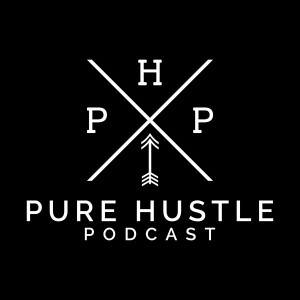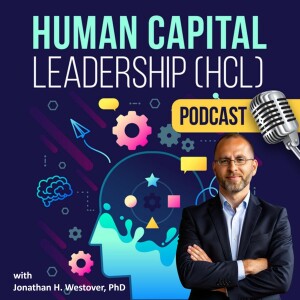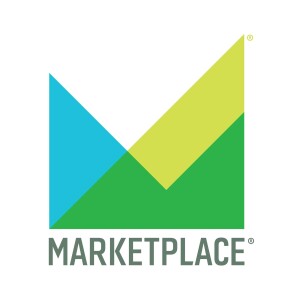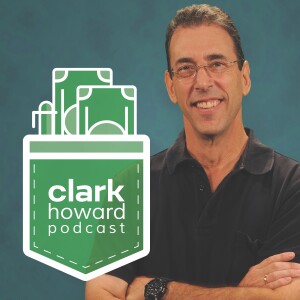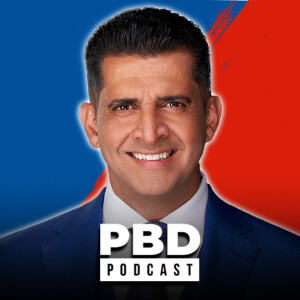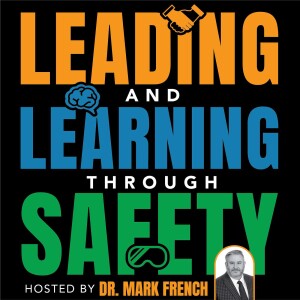

Leading and Learning Through Safety
https://feeds.buzzsprout.com/2001262.rssEpisode List

Episode 187: Hazards and Risk
In this episode of Leading and Learning Through Safety, Dr. Mark French explores the tragic consequences of neglecting workplace safety through the lens of a devastating explosion at a biofuels plant in Nebraska. The explosion killed a 32-year-old employee and his two young daughters, who were waiting at the site to go to a doctor’s appointment. The incident highlights the very real and human cost of safety failures—not just for workers, but for entire communities.Mark reflects on how preventable the event was, citing past OSHA violations and air quality complaints indicating excessive wood dust escaping the facility. These were clear warnings that went unaddressed. He emphasizes that safety isn't just about compliance—it's about culture. While the company likely didn’t intend harm, its failure to act on known hazards allowed a manageable issue to become a deadly risk.The podcast digs into the fundamental safety principles of identifying hazards, assessing risk, and cultivating a proactive culture. Hazards are inevitable, but uncontrolled risk is not. Mark challenges listeners to ensure that their workplace culture aligns with values that prioritize human life and community wellbeing.He closes with a powerful reminder: safety professionals must stay vigilant, not just for compliance, but to protect people, families, and the broader community from tragedies that should never happen.

Episode 186: Training for All
In this episode of the Leading and Learning Through Safety podcast, Dr. Mark French revisits the foundational topic of adult learning in the workplace, particularly in the context of safety training. He reflects on his own journey from nervous novice to experienced trainer, emphasizing how repetitive safety topics must still be delivered meaningfully to engage a diverse audience. Mark discusses the challenge of delivering impactful safety training to a mixed group—ranging from janitorial staff to office workers—with only a short window of time and broad regulatory requirements to meet.He highlights the limitations of one-size-fits-all PowerPoints, stressing the importance of real-world examples, storytelling, and facility-specific visuals to enhance relevance and engagement. Despite the appeal of digital training for its accessibility and entertainment value, Mark underscores its impersonality and advocates for interactive approaches tailored to functional roles.A core theme is encouraging employees to “ask” when something doesn’t seem right. He emphasizes fostering a culture where questions are welcomed, escalation is safe, and deviations from the standard trigger thoughtful reassessment. Mark also advocates for equipping supervisors not only with compliance knowledge but with the tools and mindset of safety leadership—upholding standards, discouraging shortcuts, and collaborating to find workable solutions.Ultimately, the goal is engagement beyond the classroom. Training should be the starting point for ongoing conversations that empower teams, prevent incidents, and build a safety culture rooted in learning, collaboration, and mutual accountability.

Episode 185: Safety and Security
In this episode of the Leading and Learning Through Safety podcast, Dr. Mark French explores the increasingly blurred lines between safety and security, especially for field teams working in unpredictable public environments. Reflecting on a recent visit to a street lighting crew in a high-risk urban area, he shares his concern for worker safety amid uncertain external threats. Traditional safety protocols fall short in these contexts, and current de-escalation training—typically designed for healthcare or retail—doesn’t fully apply to field operations.Dr. French discusses the challenge of managing safety in situations where workers may encounter homelessness, substance abuse, or volatile behavior. These are not clearly addressed by OSHA regulations, which tend to focus more narrowly on workplace violence in healthcare settings. He underscores the need for adaptable training and new best practices for teams working in public spaces.The episode highlights a broader leadership issue: the discomfort of facing problems without perfect solutions. Dr. French encourages safety professionals to start with what’s available—even if imperfect—because doing something is better than doing nothing. He emphasizes the role of empathy, continuous learning, and proactive problem-solving in effective safety leadership.Dr. French ends with a call for collaboration and innovation, inviting others to share solutions and ideas. He also announces his upcoming live appearance at the Kentucky Safety Conference in Owensboro to discuss safety culture.

Episode 184: Getting Rest
In this episode of the Leading and Learning Through Safety podcast, Dr. Mark French explores the critical link between psychological safety, rest, and physical safety in the workplace. Traditionally, safety professionals begin with physical safety as a foundation, but Mark challenges that order by highlighting emerging research suggesting psychological safety—particularly the ability to truly rest—is foundational to overall well-being.Referencing a meta-analysis from the Journal of Occupational Psychology, Mark discusses how earlier studies indicated vacations often fail to provide adequate rest. However, newer research shows a positive trend: people are learning how to rest more effectively, leading to improved psychological safety. Mark emphasizes that true rest looks different for everyone—some recharge through activity, others through solitude—and it's essential to identify what genuinely replenishes your energy.He also reflects on how organizational culture plays a significant role in whether employees can actually disconnect. Toxic or unsupportive environments can sabotage recovery and lead to burnout, which not only harms individuals but amplifies risk in physical safety. Fatigue and disengagement at work can be precursors to unsafe behaviors, especially when employees are merely surviving rather than thriving.Ultimately, Dr. French urges leaders to consider safety as holistic—encompassing physical, mental, and emotional well-being. He reminds listeners that burnout and apathy are the enemies of engagement and safety, and that promoting genuine rest is a vital, often overlooked component of a strong safety culture.The episode concludes with a personal invitation to the Kentucky Governor’s Safety Conference, where Mark will be speaking on culture and safety.

Episode 183: Going Beyond
In this episode of the Leading and Learning Through Safety podcast, Dr. Mark French explores the contrast between managing people the easy way versus the right way. Sparked by a discussion with a fellow safety professional and the media’s coverage of the Texas floods, Mark reflects on how safety failures are often sensationalized, leading to blame instead of meaningful solutions. He argues that while it’s easy to point fingers and assign fault, true leadership requires deeper examination of systemic causes and cultural influences.Drawing on insights from How to Win Friends and Influence People, he criticizes the common "blame, shame, retrain" method as ineffective, favoring instead adult learning and genuine engagement. The podcast underscores the importance of avoiding the toxic cycle of criticizing, condemning, and complaining—especially within safety committees—and instead encourages empowering those most critical of safety programs to become part of the solution.Mark emphasizes that understanding the “why” behind unsafe behavior is key: Why don’t people follow procedures? Why is noncompliance easier? By asking these questions and involving workers in problem-solving, leaders can drive lasting change. He reflects on his own growth from being a “safety cop” to someone focused on enabling others to choose safe behaviors. The right way isn’t easy, he concludes, but it leads to real improvement in safety culture.He ends by promoting his upcoming talk on safety culture at the Kentucky Governor’s Safety Conference and encourages listeners to keep pushing for authentic progress.
Create Your Podcast In Minutes
- Full-featured podcast site
- Unlimited storage and bandwidth
- Comprehensive podcast stats
- Distribute to Apple Podcasts, Spotify, and more
- Make money with your podcast

